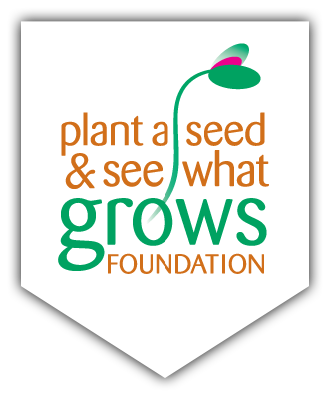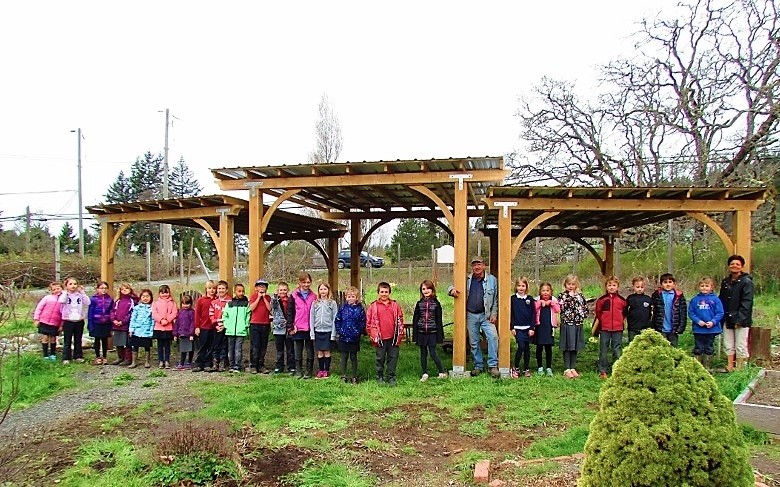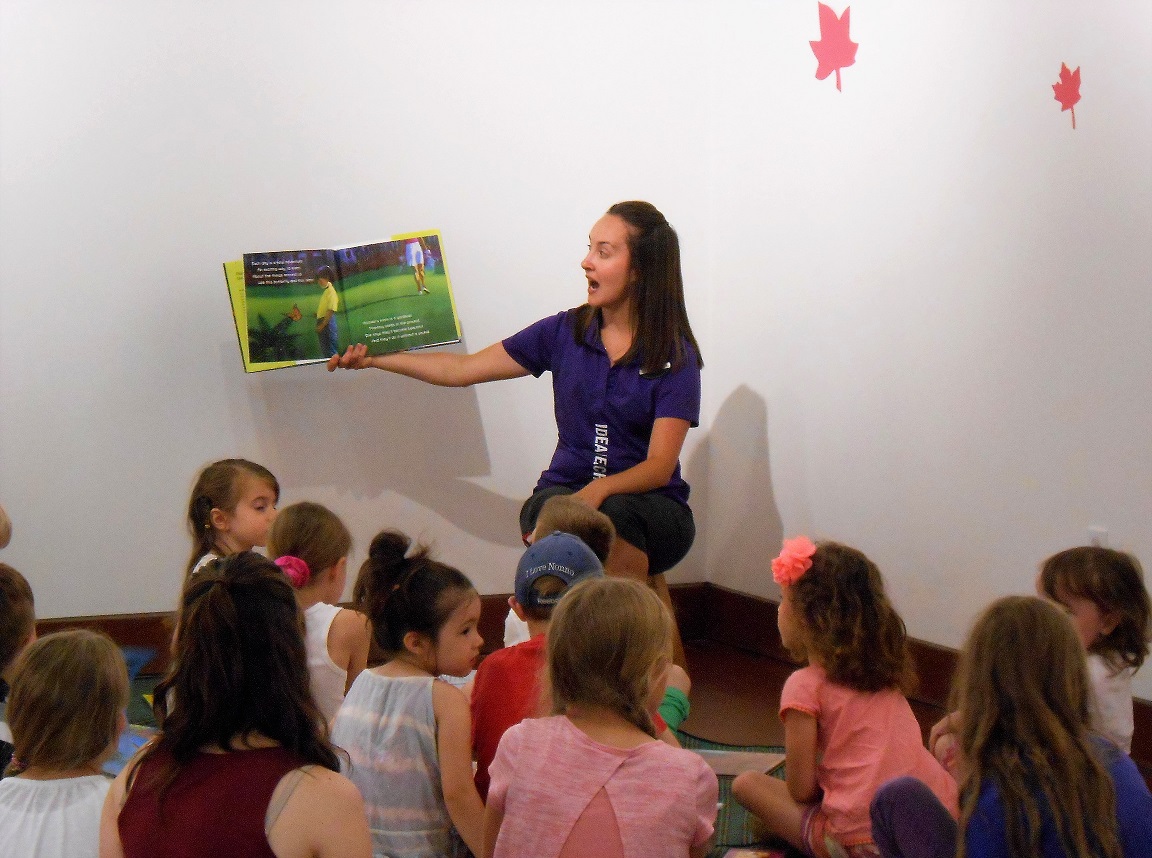This query comes up more often than you may think. The reason for this, is that the general public is now seeing community gardens and urban farms sprouting up in the cities and towns in Canada more than ever before. This is good news since community gardens help ease the burden of food insecurity. And that leads to the answer to the question.
Five Ways Produce from Urban Gardens is Being Distributed to a Community Near You
1. Local Food Banks
Every week on our Facebook page (please follow us here) we share stories about urban gardens from all over Canada, along with notes about how these amazing projects are serving their communities by providing grown food to local food banks. This is the primary function for many community gardens, ensuring that those who do not have access to nutritious produce, do.
Recent illustrations of this in action are as bountiful as their respective harvests. For example, in Calgary, volunteers from the Tsuut’ina First Nation are working together with a not-for-profit group in a community garden. Everything grown in the garden will ultimately go to the Tsuut’ina Nation Food Bank, serving healthier options to approximately a thousand families in the region.
2. U-Pick Community Gardens
While most community gardens have a clearly defined mandate to distribute harvested food to food banks and other outlets (addressed below) some incorporate a u-pick element to encourage local gardeners to come in to grow food while enjoying a sample of the fruits of the labour. In such cases, community gardeners can pick their own produce and preserve it for future consumption. U-pick gardens are also used to invite youth in, through school and community programs alike. In this case, a valuable outdoor learning experience is provided, one that comes with a reward of freshly picked and delicious produce. In addition, the u-pick concept can also be applied to generate funds to put back into gardening initiatives. People from the community are invited to pick from the garden and pay for their selection at an onsite garden market.
3. School Breakfast/Lunch Programs
School gardens are a part of the urban farming matrix for many cities and towns in Canada. In some cases, the food grown on school grounds is being allocated to support school breakfast and lunch programs, ensuring that children have access to healthier dining options that don’t include the use of a vending machine.
For instance, one of the Foundation’s programs, is the École élémentaire Catholique Ste-Marguerite-Bourgeoys in Woodstock, Ontario. There, the very same project which teaches students how to plant, grow, and harvest, pesticide-free, nutrient rich food, also brings it right to the table as it is used in their school cafeteria.
4. Local Farmer’s Markets
There are many cases where which urban farms harvest produce for sale at local farmers markets, be it onsite or at another location, held in conjunction with a weekly artisan market and the like. A glowing example is found with a friend of the Foundation, the Edible Garden Project, which hosts the Community Market at Loutet Farm at Loutet Farm in North Vancouver. The market is scheduled through the months of May to October.
Wherever you live, there is a not-for-profit community garden which distributes its produce to a local farmers market, returning funds to their project to support a variety of initiatives.
5. Local Restaurants
Another way for urban farms to generate funds to put back into their community is to sell to local restaurants that prepare and serve healthy locally grown food. For example, Urban Roots in London, Ontario sells harvested produce from their volunteer-run not-for-profit urban farm to local restaurants in the city. The money raised is used to help fund the farming operation, which collectively serves a seed-to-table and sustainable economic model system alike.
If you would like to know more about the work of the Foundation, please sign-up to become a Friend of the Foundation. For inquiries about how to support the Foundation’s work in school gardens and post-secondary education bursaries, please contact us.








